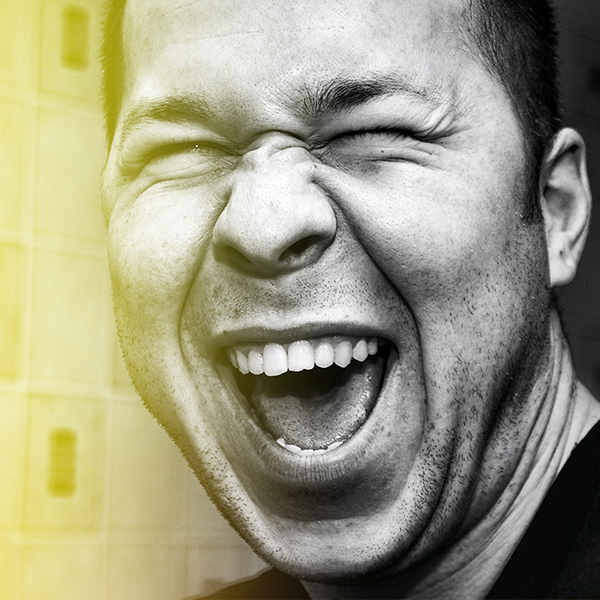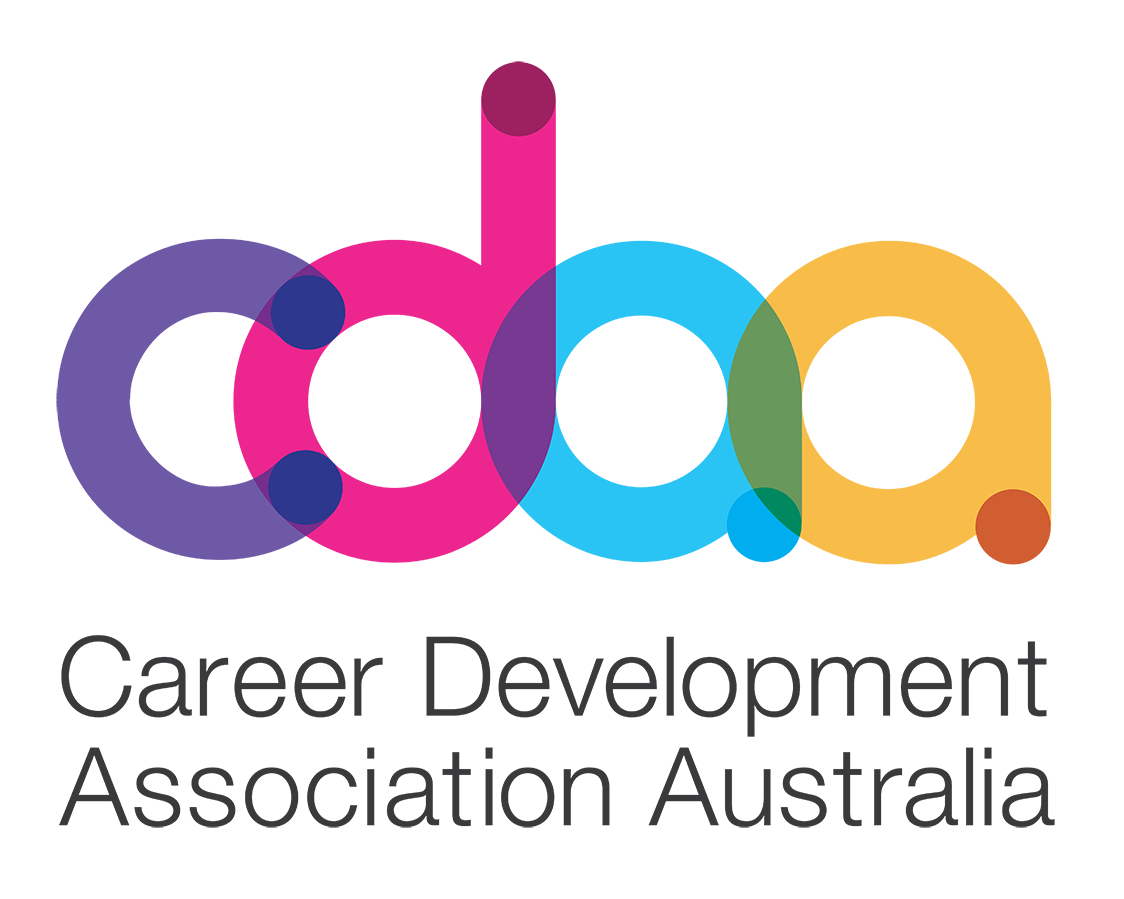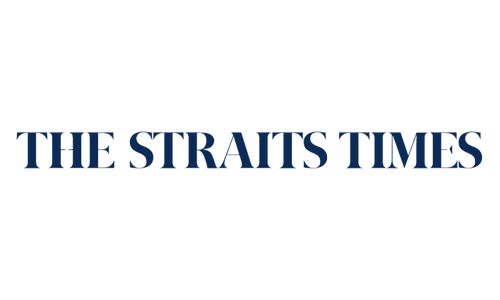Career Misalignment: The Hidden Cost of Staying in the Wrong Career

Do you ever feel like you’re in the wrong job, but can’t quite explain why? Career misalignment is when your job no longer fits who you are – your values, strengths, or purpose.
It’s surprisingly common, especially in high‑pressure environments like Singapore’s demanding work culture. Many stay stuck, brushing off early signs: the Sunday dread, muted enthusiasm, subtle restlessness. But these small signals often spiral, gradually affecting your motivation, health, and career growth.
Singapore’s workforce is restless: two‑thirds of employees report burnout, and 61% feel it deeply even as recently as 2024. That’s a loud wake‑up call and ignoring misalignment can be more costly than most would believe.
What Actually Is Career Misalignment?
A career misalignment is far more than just disliking your job. It’s a deeper disconnect between who you are and what you do.
It happens when your role no longer reflects your values, strengths, interests, or evolving identity. And it’s more common than most people realise.
You might still be performing well and others might even see you as “successful”. But inside, something feels off.
You’re no longer energised by your work. You feel disconnected from your purpose. You question if this path is still yours, or just something you fell into and never stepped out of.
Career misalignment often looks like:
- Values misfit: You care about impact, but your company prioritises profits over people.
- Skills mismatch: You’re great at what you do, but your strengths lie elsewhere and go unused.
- Identity shift: You’ve changed, but your job hasn’t. What once felt exciting now feels exhausting.
- Loss of purpose: You’ve achieved your goals, but they no longer feel meaningful.
Many people push through this discomfort for years. There's pressure to be grateful, to “make it,” to stay practical. So we minimise the misalignment. We call it a rough patch, tell ourselves it’s just stress, or cling to the security of a stable paycheck.
But when left unaddressed, misalignment compounds. According to local thought leaders like NMP Anthea Ong, burnout and disconnection are often signals that our careers are no longer in service of our whole selves.
A recent piece in The Straits Times echoed this, highlighting how many mid-career professionals are quietly dissatisfied, yet unsure how to pivot without losing face, income, or direction.
The bottom line is, people are waking up to the cost of staying misaligned and it’s not only about the salary.
Instead of feeling like you’re weak or lost, a career misalignment signifies that you’re growing… And your career just hasn’t caught up yet.
The Hidden Costs of Staying Misaligned
Staying in the wrong career changes you over time. Many professionals downplay the toll, convincing themselves it's “not that bad” or “just a phase.” But the costs of career misalignment often show up quietly, then persist loudly.
Emotional Costs
The most immediate toll is emotional. You might feel a persistent sense of unease, irritability, or emptiness. Even when nothing’s technically wrong, everything feels… flat. Over time, this wears down your self-worth. You start questioning your competence, your choices, even your identity.
You may find yourself:
- Losing excitement over wins that used to energise you
- Constantly comparing yourself to others in more “fulfilling” paths
- Feeling like you're faking it, even if you're performing well on paper
This inner dissonance can fuel anxiety and even depression. You may feel stuck in a job you can’t justify leaving, but also can’t fully show up for.
Physical Costs
Stress lives in both your head and the body. Long-term misalignment can lead to:
- Burnout and chronic fatigue
- Sleep disruptions or insomnia
- Headaches, low immunity, or body aches
Singapore’s Health Promotion Board has linked chronic workplace stress to physical symptoms like fatigue, digestive issues, and even heart health risks. In high-functioning professionals, this often goes unnoticed, until the body forces a break.
Professional Costs
Career misalignment can quietly derail your growth. You may stop volunteering for new opportunities, hesitate to lead, or shy away from upskilling because, deep down, you’re disengaged.
Here’s what that might look like:
- Stalled promotions or skipped opportunities
- Declining performance or motivation
- Getting “quietly managed out” or overlooked
You might be seen as someone who’s “checked out” and that’s because your role no longer fits. And the longer you stay misaligned, the harder it becomes to shift into a role where you truly thrive.
“I kept telling myself I was lucky to have a stable job, but every day felt like a slow leak of energy. I didn’t realise how much it was affecting my health and relationships until I finally stepped away.” – Former finance professional, now in social impact work
The Invisible Cost: Time
Perhaps the hardest cost to calculate is time. The years you spend convincing yourself to “stick it out” are years that could’ve been spent growing, aligning, healing. And while it’s never too late to pivot, the earlier you notice and act, the more space you give yourself to explore, recover, and realign.

Why We Stay: Common Traps Keeping Professionals Stuck
- Financial ties: mortgages, family responsibilities, lifestyle expectations.
- Fear of the unknown: safety feels better than uncertainty, even if it’s draining.
- Prestige: a good title or big employer can feel like security, even if it costs you internally.
- Lack of awareness: many don’t recognise misalignment until chronic stress or disillusionment hits.
In Singapore, the “kiasu” mindset (fear of missing out) makes it harder to pause. We keep chasing titles, overtime, and external validation, often at our own expense.
Spotting the Red Flags Early
You might be misaligned if you…
- Feel ambivalent on Mondays or anxious on Sundays
- Consistently underperform or procrastinate
- Avoid meaningful conversations, hobbies, or creative projects
- Feel like an imposter, despite past wins
- Drop boundaries. You're always reachable, always working
Noticing these signs is the first step toward change.
What Career Realignment Really Means
Career realignment involves calibrating your entire direction. It’s taking time to ask: “What matters to me now?” and designing a path that answers that evolution.
Reject the straight-ladder myth and embrace non‑linear career paths. Lots of people pivot: moving industries, combining skills in new ways, or pausing to reskill. This flexibility can lead to deeper fulfillment, not confusion.
Realignment can be a purposeful change, based on your evolving identity.
How Career Therapy Can Help
Career Therapy, such as the one from The Happy Mondays Co. is a mix of reflective coaching and emotional support that’s not directive, but relational:
- Helps you process feelings tied to work, identity, and change
- Maps strengths, values, and priorities to career options
- Builds confidence, especially helpful if you’ve built walls of self-doubt
- Supports transitions, whether through reskilling, networking, or role-change
For Singapore professionals facing uncertainty, especially mid-career, this service can clarify direction and revive meaning.
Conclusion: You Don’t Have to Stay Stuck
The cost of career misalignment is real. It's emotional, physical, and professional, but it's not permanent. Realignment is possible, and it begins with noticing the mismatch.
If any part of this resonates, know that it’s okay to recalibrate. You deserve work that reflects you and not just your job title.
Explore Career Therapy with The Happy Mondays Co. and discover how many possibilities lie beyond being “stuck.” You don’t have to stay.




















